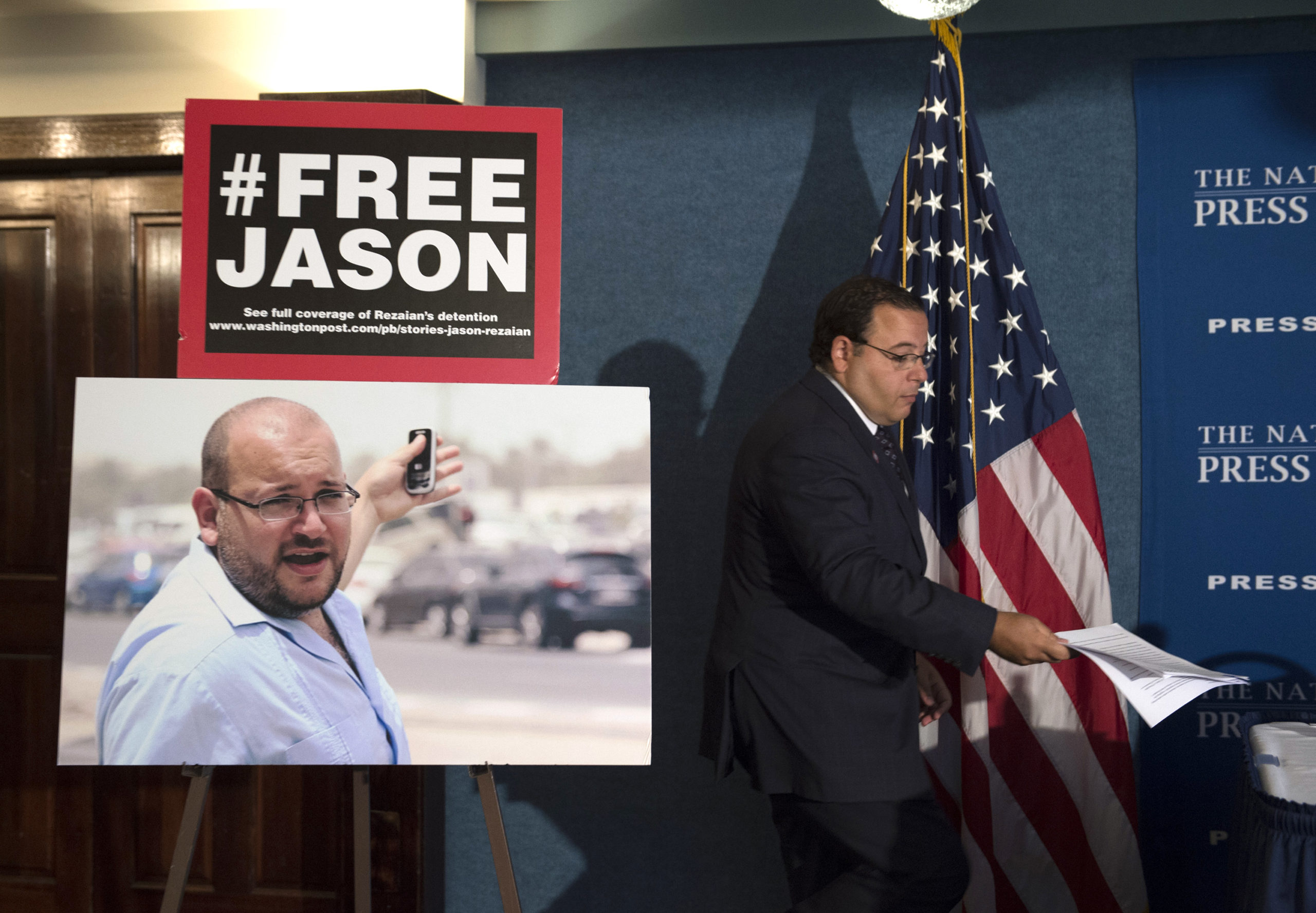
Once considered a marquee assignment, the labor beat spent years on the decline. Over the past decade, however, the beat has bounced back to cover everything from how Uber treats its workers to the #MeToo movement to the lack of affordable child care.
Fueled by the Great Recession, the rise of digital media, and the pandemic, today’s labor beat tackles a different set of questions from its union-centric predecessor: Will many white-collar workers never return to the office? Will pandemic-battered workers press for workplace safety? And will the Great Resignation cause American corporations to treat their workers far better?
In early fall, Spotify released a podcast series I’ve been working on since just before the start of the pandemic. “544 Days” is an audio adaptation of my memoir “Prisoner” about my time in Iran’s Evin prison but told from the perspectives of those people who were working to secure my freedom.
Published in 2019, “Prisoner” was told from my own point of view. But I always knew there was a much bigger narrative to recount, and, as the months passed after I regained my freedom, it became very important to me to report the story of what actually happened for two reasons.
First, since the details of my arrest, imprisonment, and the supposed case against me were distorted by Iran’s domestic propaganda machine, I needed to set the record straight. Even more important, though, the deal that resulted in my freedom became politically contentious here at home almost immediately. More than five years later, it remains so.
To make sense of what went on in the 18 months I was in prison, accused of being a spy, unable to defend myself, and sealed off from the world, I knew I had to talk to the people who were tasked with freeing me.
That began with my family — my wife, my mom, and my brother. In the countless conversations I had with them it became clear that each had very different feelings about the efforts of others working to win my release.
Several months after coming home, when I was feeling a bit more stable in the world, I began speaking with my colleagues at The Washington Post. There was so much I didn’t know about their interventions on my behalf, beginning from the earliest days of my detention.
Finally, during the final year of the Obama administration, I had extraordinary access to the people in government who had negotiated both the nuclear deal with Iran and the deal to release other American hostages and me.
When the book was released, I appeared on the Crooked Media podcast “Pod Save the World” to discuss it with Tommy Vietor and Ben Rhodes, the former deputy national security advisor for strategic communications under Obama involved in the efforts to free me.
When we finished that discussion, I said that I had audio interviews with many of the people who fought for my release including John Kerry, Marty Baron, and Anthony Bourdain. Tommy half-jokingly said, “Let’s make a podcast.”
Now nearly three years later we have this show, a joint production with Crooked Media, A24, and Gimlet edited by Alison MacAdam, NF ’14. (MacAdam was also part of the team that won a Peabody for the podcast “Believed,” a multipart series about the abuse Larry Nasser perpetrated as the team doctor for USA Gymnastics.)
That interplay between ordinary people and officials with extraordinary power — who also happen to be ordinary people — is at the heart of “544 Days.” And I think that’s why it’s resonating with so many listeners.



